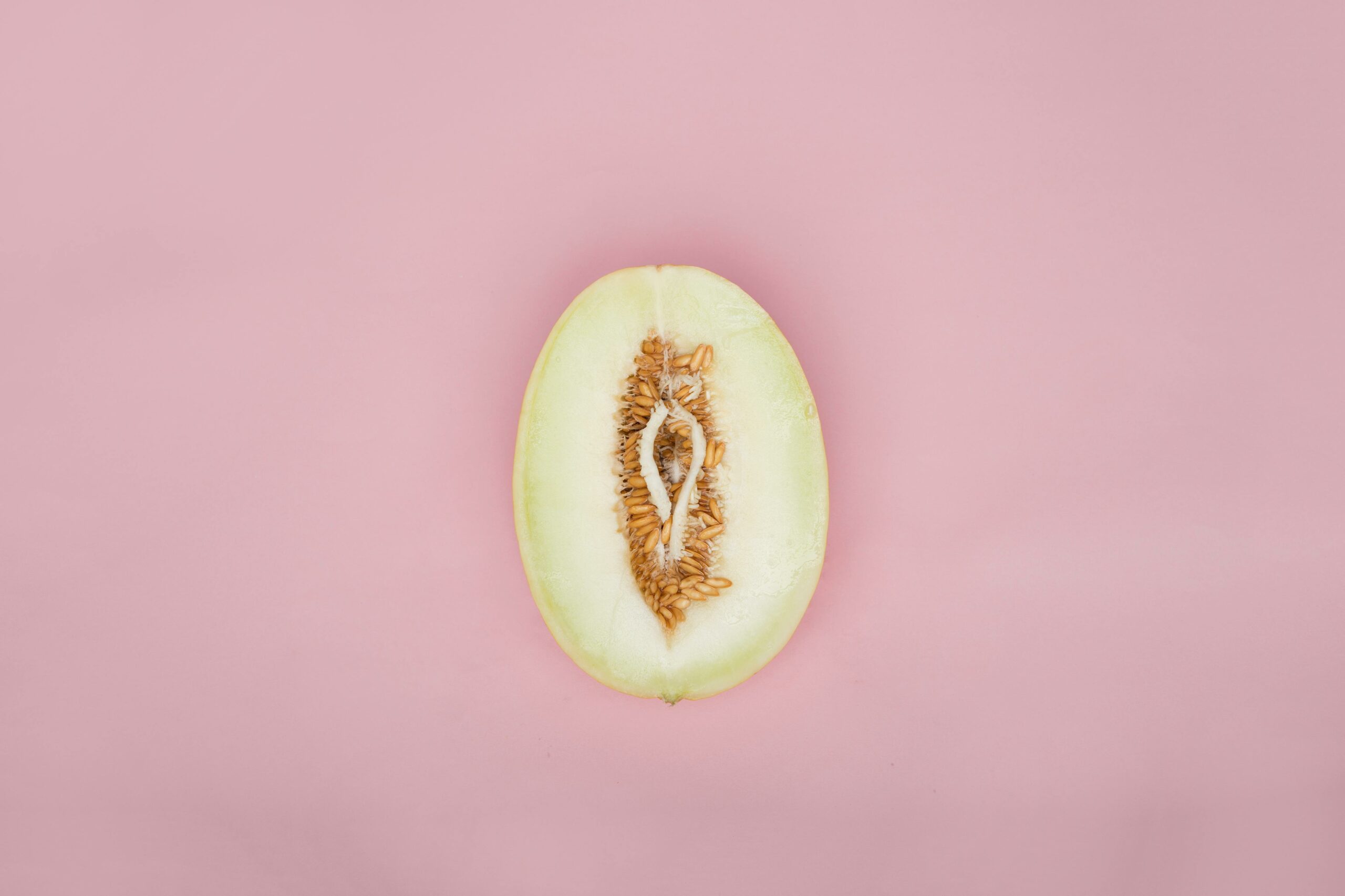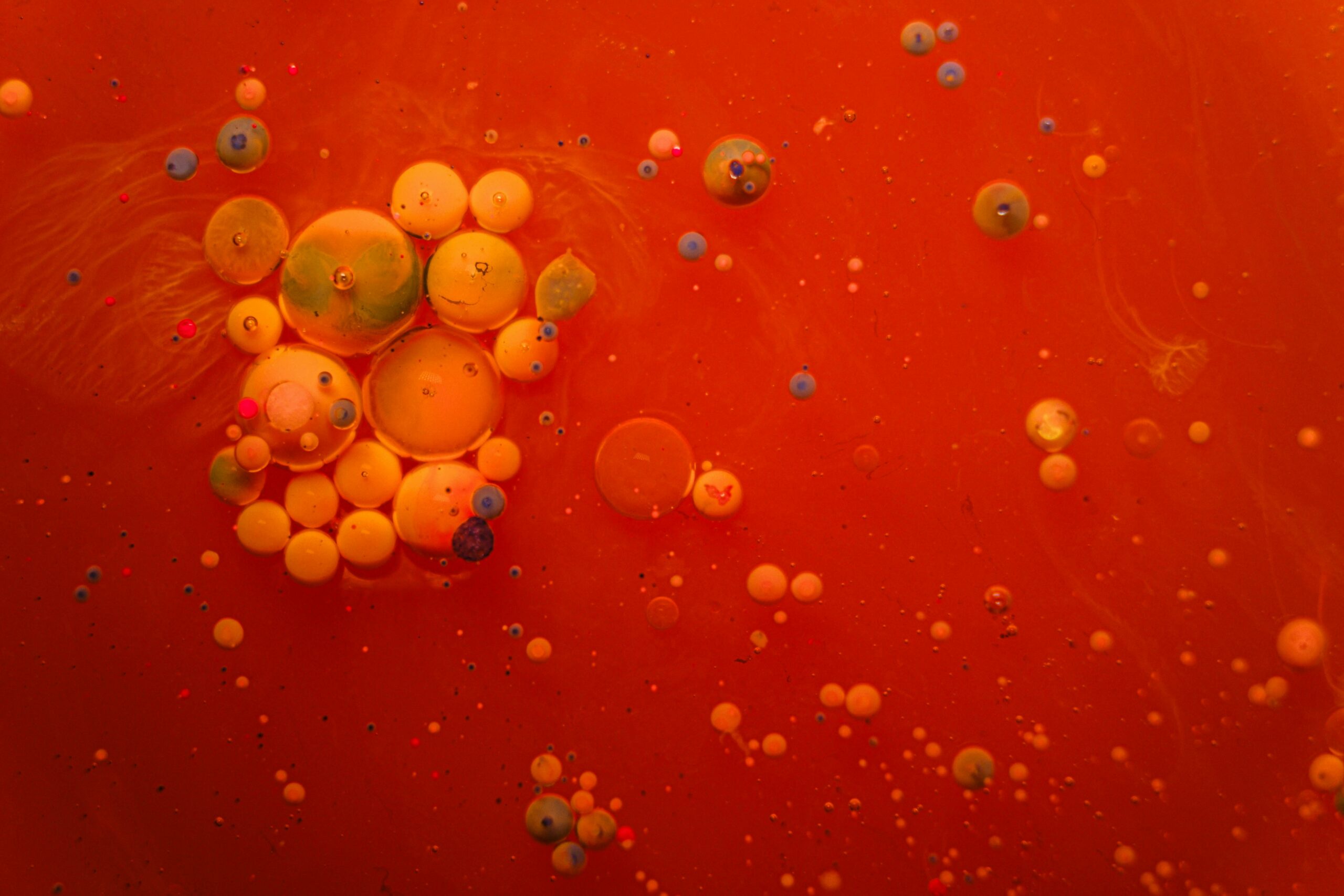
What is vaginitis?
In this article
What's the lowdown?
Vaginitis is a common condition that affects the vagina and vulva
It means inflammation of the vagina
Vaginitis can be caused by irritants, infections or hormonal changes
Treatment is based on the underlying cause
Sadly, recurrence of vaginitis is also common
I cannot think of anything worse than an itching, burning, swollen or a painful vagina. It’s your vagina’s way of telling you something is wrong. A cry for help really.
Vaginitis is a common condition that can present with bothersome symptoms. It is a highly treatable condition defined by the inflammation of the vagina1. Usually, vaginitis is caused by infections or irritants from creams or hygiene products. Each cause of vaginitis has its own set of symptoms and treatment.
Vaginitis symptoms
The symptoms of your vaginitis will depend on the cause. You might generally notice1,2:
- Vaginal itching
- Vaginal discharge (the colour or smell of the discharge depends on the cause)
- Vaginal dryness
- Painful urination
- Painful sex
- Vaginal bleeding or spotting
- Skin changes on your vulva
What causes vaginitis
When there is an imbalance of the vaginal microbiome (which is the balance of good bacteria in our vagina), the vaginal environment can become inflamed, leading to the development of vaginitis. Multiple factors can increase the chances of inflammation such as2:
- Use of antibiotics
- Hormonal changes (eg. the decrease of oestrogen in menopause)
- Douching (washing out your vaginal canal with hygiene products)
- Spermicides
- Sex
- Infections (such as sexually transmitted infections, STIs)
- Skin conditions (eg. lichen sclerosus, lichen planus or eczema)
The common infections that might trigger vaginitis are:
- Yeast infections (thrush)
- Bacterial vaginosis
- Trichomoniasis
20-25% of vaginitis cases are related to thrush and 40-50% of cases are caused by bacterial vaginosis3.
How to prevent vaginitis symptoms
To prevent vaginitis symptoms, avoid using scented products on your vaginal skin, avoid vaginal douching and practice safe sex to reduce the transmission of infections.
Is vaginitis contagious?
Vaginitis itself is not a contagious condition, but if there is an underlying infective cause, it can be transmitted. This is especially true if the underlying cause is an STI. This is why it is important to have safe sex.
When to see a doctor
It is important to see a doctor when things feel wrong or unnatural. Symptoms such as painful sex, itching, burning or bleeding should be assessed by a healthcare professional. Symptoms are your body’s way of letting you know something is not quite right. Make sure to listen to it.
Diagnosis
Getting a diagnosis of vaginitis can be straightforward. As with most consultations, your healthcare professional, such as a GP, will ask you about your medical history (especially any skin conditions) and symptoms. If you are using any medications or products on your vagina, be sure to take a list of their names with you1,2.
They will likely complete a pelvic examination (be sure to ask for a female doctor or chaperone if this makes you feel more comfortable). During the examination, the doctor will look at your vulval skin, examine inside the vagina and might collect a vaginal swab to rule out any infections1,2,4.
Vaginitis treatments
Treatment of vaginitis varies depending on the cause. You might be prescribed vaginitis medication as a pill, cream or gel.
Most causes have a simple treatment. Bacterial infections are treated with antibiotics and fungal infections are treated with antifungals. If your symptoms are due to low oestrogen (also known as vaginal atrophy) you may be prescribed vaginal oestrogen. Lichen sclerosus and planus are skin conditions treated with steroid creams or ointments and moisturisers. If the cause is related to irritants, you will be encouraged to use a soap substitute for cleaning and moisturising or change your period products.
If the itching is causing severe discomfort, antihistamines which you can get from the pharmacy may help1,2,4.
We recommend you complete the course of any treatments recommended for you, even if the symptoms disappear as any underlying cause might still be present. By stopping the treatment early, it might result in the cause returning. The same goes for the opposite scenario. If the symptoms are still present after the treatment is completed, do not ignore them and revisit your medical professional for more advice (1,2,4).
Vaginosis vs vaginitis
Vaginosis and vaginitis are both conditions caused by infection that affect the vagina. However, the key difference between the two is the presence of inflammation. When inflammation occurs, it is referred to as vaginitis5.
Summary
Vaginitis is an extremely prevalent condition, affecting millions of women on a global scale. While not a scary condition, it can be highly annoying! No one likes an itching painful vagina. The good news is that this condition has a great outcome and can be easily cured with the right treatment. However, it is important to prioritise your vaginal health as vaginitis can recur easily, leading to skin scarring and impact on sex life3.
We know how difficult it can be to open up to healthcare professionals about your vagina. What if they do not listen or take my symptoms seriously? Well, you do not have to worry about that with us. At the lowdown, we are focused on prioritising your health and happiness! Reach out to our medical team so we can get you the treatment you need.
Our medical review process
This article has been medically reviewed for factual and up to date information by a Lowdown doctor.






